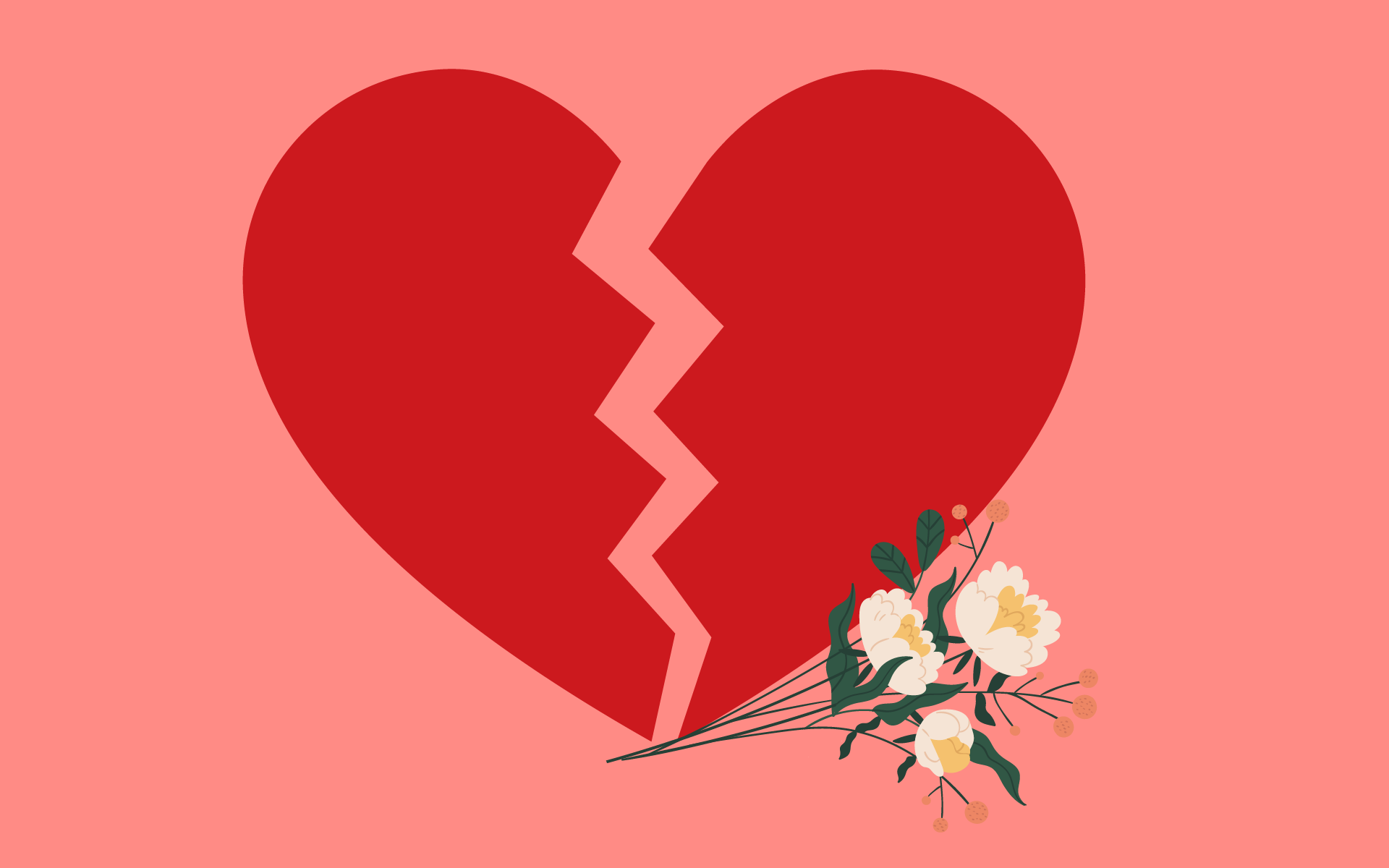Last weekend I got the kind of message you never want to get. A beloved teacher at my daughter’s school had died, very suddenly, that morning. I didn’t know her well, but even now, I get choked up just typing that.
This teacher — I’ll call her Cindy, out of respect for her family’s privacy — had seen herself as a mom to all the kids at the school. “Live each day as if it’s your last,” was her motto.
It’s easy to see ourselves in her story. “I’m so devastated by what happened,” another parent said to me. “She was a young mom. And now she’s gone.”
Cindy was two years younger than me. She left behind a son the same age as my child. When I told my daughter what had happened, she looked at me blankly. I am haunted by the idea of this little boy wondering where his mom is and when she’ll be home.
The suddenness of her death left us all in shock. Now I’m starting to probe a bit more, looking for reason and wisdom where I suspect there is none. It’s what I do.
I look for ways to control the situation, even when the universe brings out the really big guns.
I’m told that Cindy died from a massive heart attack on the Saturday morning. She doesn’t seem to have been aware of any heart problems before this.
On the one hand, we all know that heart disease is a serious issue. And we’re surely aware that women are just as likely as men to have heart disease, and are more likely to go untreated or misdiagnosed, because our symptoms are different to those of men.
While men are more likely to suffer the classic symptoms of chest pain, women might experience a heart attack as shortness of breath, back or neck pain, nausea, fatigue, and sweating.
I did not know this, until I researched the gender difference in heart disease. With such a laundry list of symptoms, I can see how heart disease gets misdiagnosed. If I was a doctor (let’s be very clear: I’m not) I might look at that and think, huh. Looks like flu.
This happened to my mom a few years ago. She was admitted to hospital after having a stroke. There she had a series of heart attacks and died within three days. We think that she had a so-called silent heart attack some weeks before.
She’d complained of flu-like symptoms, weight loss, and fatigue, which she couldn’t shake. She’d even visited her GP the same day she suffered her stroke and was, let’s face it, fobbed off.
At the time I’d thought it was a fluke. Just bad luck. Now I realise that this is what happens all the time to women, and we pay for it with our lives.
The doctor who had treated her in hospital told me that women do sometimes experience chest pain with heart attacks, just as men do. Yet we’re used to having painful breasts, and so often women don’t act on it.
This has led me to thinking about the ways women push through their physical pain so they can show up for others. We take a couple of pills and tell ourselves it’s not that bad.
I’ve never, in my life, taken a day off work for period pain. I have routinely brushed off personal paperwork such as a driver’s license renewal, and I’m overdue for a mammogram.
Within the stats about gender differences in heart disease, there are also racial differences. Black women and women of colour, just like Cindy, have a higher risk of heart disease compared to white women. They’re more likely to have high blood pressure, obesity and diabetes, to have poorer diet, and to lack access to healthcare.
There’s another factor too: the impact of chronic stress, including that from structural racism.
I don’t know exactly what Cindy experienced and whether there was any chance of a different outcome. She is — was — a real person with a history and a family and a mental checklist for her next Pick n Pay trip. She is not just a statistic or a medical anecdote. She had plans for the future, but then other stuff happened.
I think that’s why we, all of us at the school, keep thinking about Cindy. We loved her, and we miss her, and also, we see ourselves.
We worry that we spend so much time taking care of others, so engrossed in the minutiae of what must be done, that we miss out on the bigger picture. Even when our bodies are telling us there’s something wrong, we’re not listening.
Stop. Pay attention. You could get your life back.

Leave a Reply